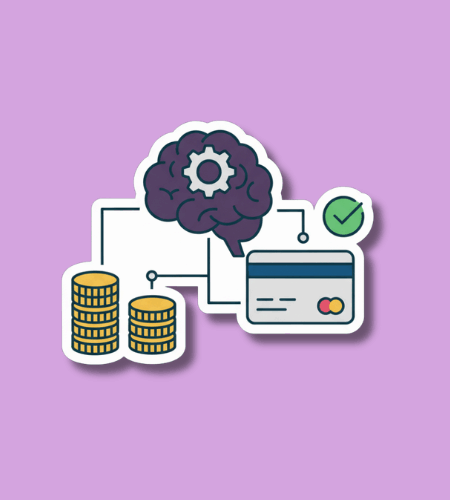The American Bankers Association (ABA) organizes Get Smart About Credit Day, held annually on the third Thursday in October (in 2025, that will be October 16). The day is dedicated to helping teens and young adults understand credit, make informed financial decisions, and build healthy credit habits.
Table of Contents
History of Get Smart About Credit Day
The ABA launched the Get Smart About Credit campaign in 2003 as part of its mission to increase financial literacy among young people. Over time, October’s third Thursday was designated as Get Smart About Credit Day, a spotlight moment within a broader, year‑round educational effort. The program is built on volunteer efforts from bankers who engage with schools, community groups, and youth to deliver credit education.
Over the years, the initiative has expanded: more banks participate, resources have been refined (lessons, games, presentations), and it has become a recurring annual reminder that understanding credit is not optional but essential in modern life.
Why Get Smart About Credit Day is important
Credit is one of those things that shapes many life paths—buying a home, getting a car, renting an apartment, even job applications in some places. But for many young people, credit is mysterious, intimidating, or hidden. This day helps pull back the curtain: showing how scores are built, how debt works, how “good credit” opens doors and how “bad credit” can close them.
Beyond individual benefit, the day emphasizes that financial literacy is a social good. When more people understand credit—its risks, its power, its mechanics—societies become more resilient. It helps reduce predatory lending, debt traps, and financial stress. By focusing especially on youth, the initiative hopes to shift the trajectory for future generations toward stability rather than crisis.
Here are some straightforward reasons it matters
- It teaches credit concepts before people fall into bad habits
- It helps normalize conversations about money and borrowing
- It can prevent costly mistakes early in financial life
- It reinforces the idea that knowledge is power in finance
- It helps bridge the gap between “feeling lost about credit” and “acting wisely”
How to Observe Get Smart About Credit Day
If you’re in school or community groups, invite a banker or finance professional to lead a short workshop or talk on credit scores, borrowing, and responsible use of credit. Use interactive games or quizzes to make it engaging rather than dry.
On your own, use the day to check your credit report if available, review all your borrowing accounts, and think critically about which debts serve you and which burden you. If you’re comfortable, reach out to a mentor or financial counselor with questions. Share what you learn with friends or younger people—passing on knowledge helps everyone.
Some ideas you could try
- ask someone knowledgeable to explain how credit scores are calculated
- check your own credit report or score and note what affects it
- make a list of credit/loan accounts and interest rates you hold
- set a goal to lower balances or avoid opening unnecessary accounts
- teach a friend or family member a credit concept you learned
Get Smart About Credit Day Dates Table
| Year | Date | Day |
|---|---|---|
| 2026 | October 15 | Thursday |
| 2027 | October 21 | Thursday |
| 2028 | October 19 | Thursday |
| 2029 | October 18 | Thursday |
| 2030 | October 17 | Thursday |
Subscribe to our newsletter and never miss a holiday again!

